1 in 4 Americans believe vaccine shifts based on science, poll finds
Reuters/Ipsos poll finds most Americans doubt Trump administration’s new vaccine guidance, with only one in four trusting its scientific basis.
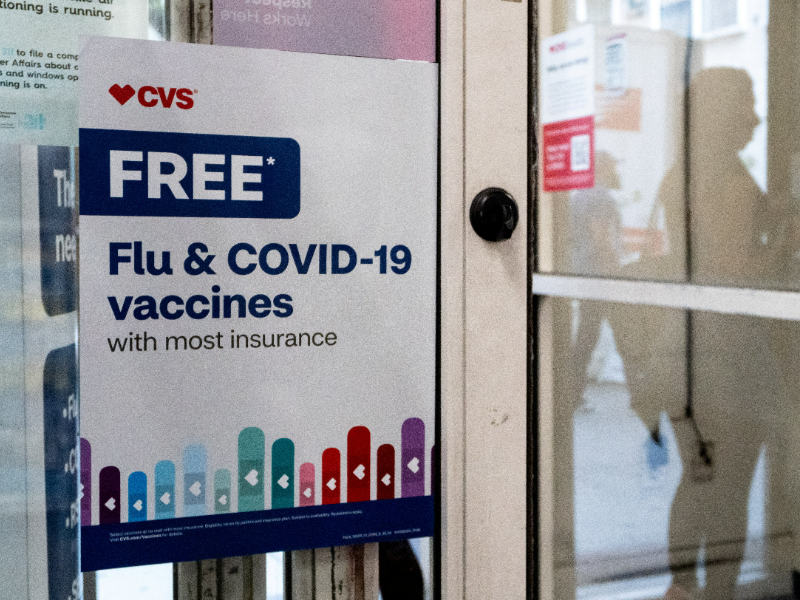 A sign advertises free flu and COVID-19 vaccinations at a CVS Pharmacy in New York City, New York, U.S., September 5, 2025. / REUTERS/Kylie Cooper/File Photo
A sign advertises free flu and COVID-19 vaccinations at a CVS Pharmacy in New York City, New York, U.S., September 5, 2025. / REUTERS/Kylie Cooper/File Photo
Only one in four Americans believe that recent recommendations for fewer vaccines from President Donald Trump's administration were based on scientific evidence and facts, according to a new Reuters/Ipsos poll.
The administration, while still in the process of setting new vaccination policies, has signaled that young and healthy people and pregnant women shouldn't get shots for the COVID-19 virus. That marks a reversal of a historic vaccination drive against the sickness that Trump, a Republican, started at the tail end of his 2017-2021 presidential term.
The Reuters/Ipsos poll, conducted in the five days through Seot. 9, showed 24 percent of respondents - including 5 percent of Democrats and 48% of Republicans - thought new federal vaccine recommendations were based on science and facts.
Also read: New York governor issues order to bypass Trump administration's COVID vaccine limits
Overall, 48 percent of respondents thought the policy was not based on science and facts, with the rest unsure or opting not to answer the question.
The Trump administration's top public health official, Robert F. Kennedy Jr., has upended the federal government's process for recommending immunizations.
The Food and Drug Administration last month narrowed its approval of COVID-19 vaccines to adults over the age of 65 and younger people with health risks.
Kennedy, who has long promoted doubts about the safety and efficacy of a range of vaccines contrary to scientific evidence, also fired Centers for Disease Control and Prevention head Susan Monarez last month. All 17 expert members of the CDC's Advisory Committee on Immunization Practices were fired by Kennedy in June.
A revamped committee is scheduled to meet on September 18, and could vote on new recommendations for shots for hepatitis B, measles-mumps-rubella-varicella and respiratory syncytial virus, or RSV, according to the Federal Register.
Many Americans, particularly Democrats, worry the Trump administration could pull back federal support for vaccines more broadly.
Asked if they were worried that in the future children wouldn't get the vaccines they need, 48 percent of respondents said they were concerned, compared to 38 percent who said they were not.
Four out of five Democrats said they worried about future vaccine access for children, as did one in five Republicans and about half of independents. Some 42 percent of respondents said they worried about their own future access to vaccines.
The fight over vaccines is also playing out in state capitals, with officials in Republican-controlled Florida pledging to drop public school vaccination mandates while officials in Democratic-led states say they will make their own vaccine recommendations that diverge from federal recommendations.
The Reuters/Ipsos poll surveyed 1,084 U.S. adults nationwide and had a margin of error of 3 percentage points for all respondents and about 6 points for Republicans and Democrats.
20 word excerpt



 Reuters
Reuters
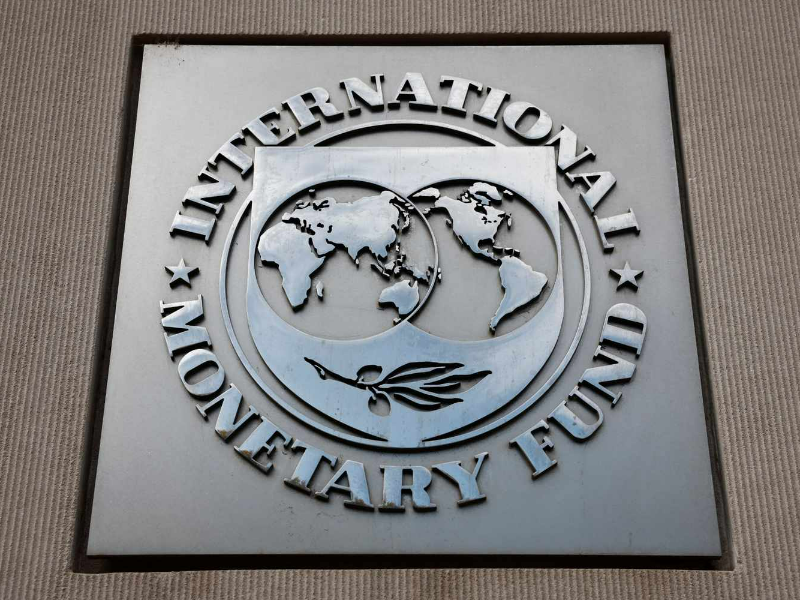


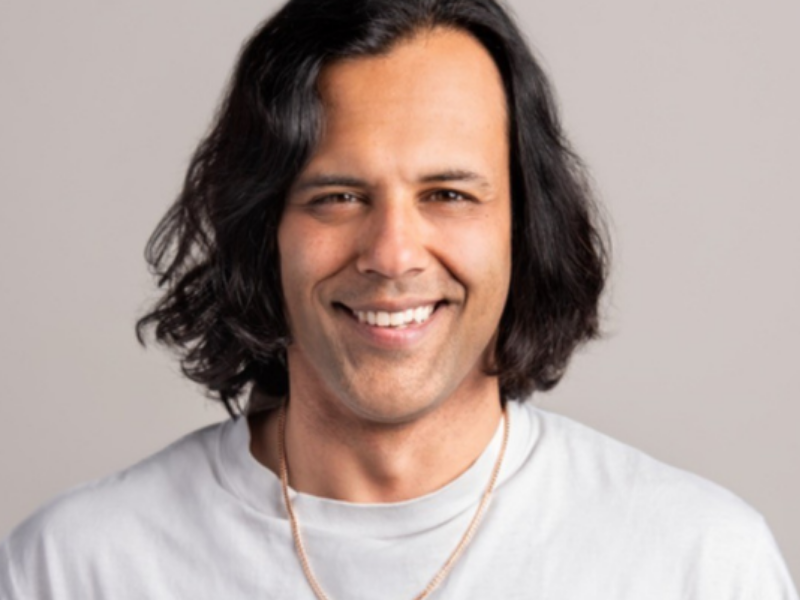
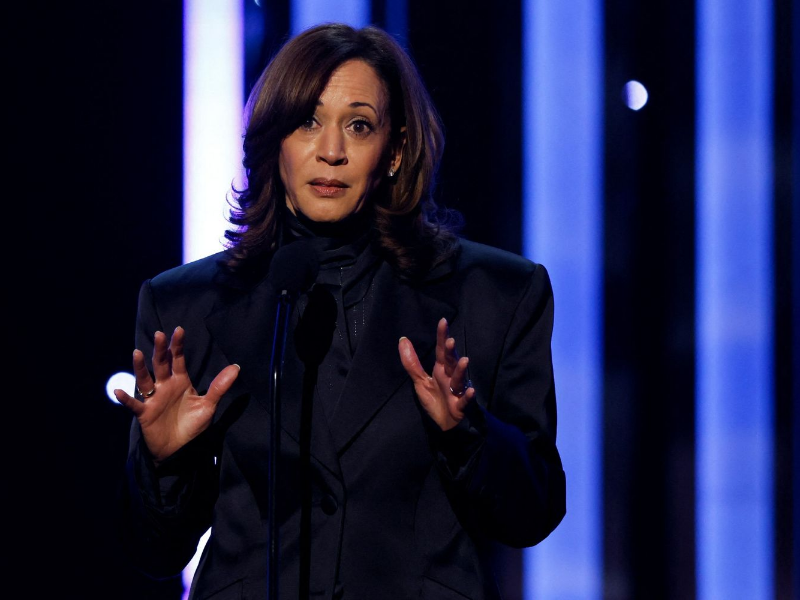

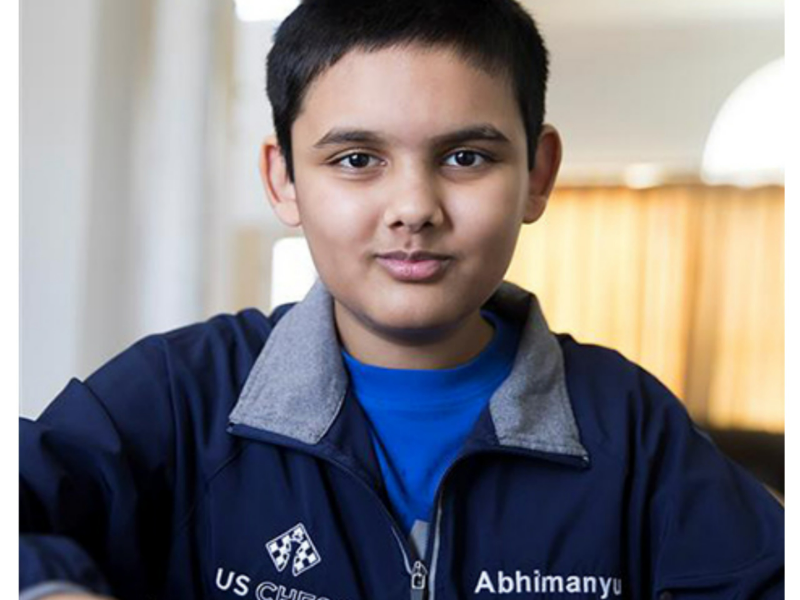
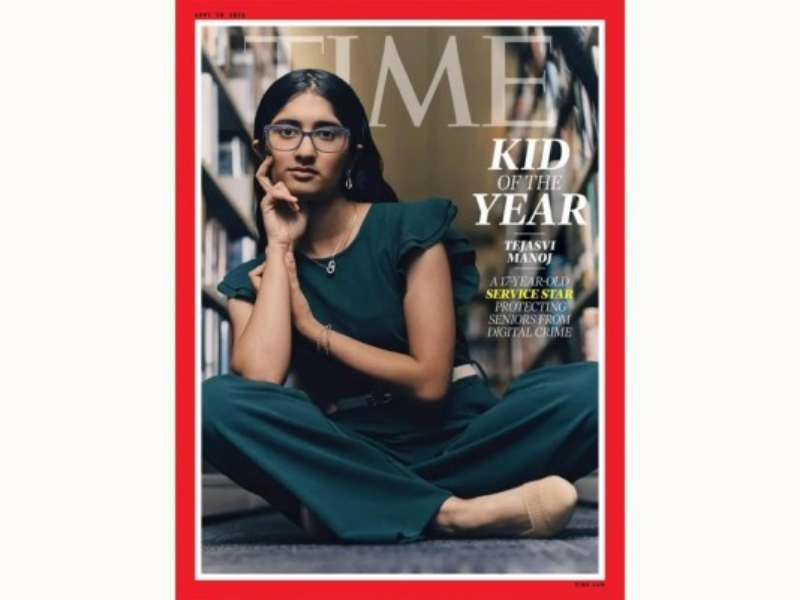





.jpg)

Comments
Start the conversation
Become a member of New India Abroad to start commenting.
Sign Up Now
Already have an account? Login